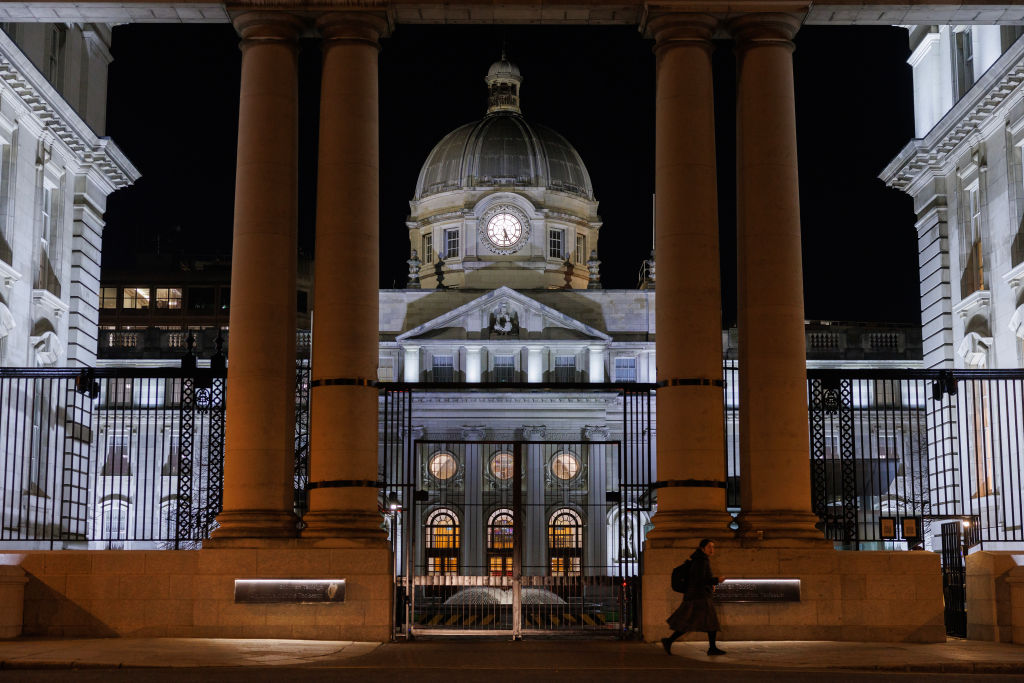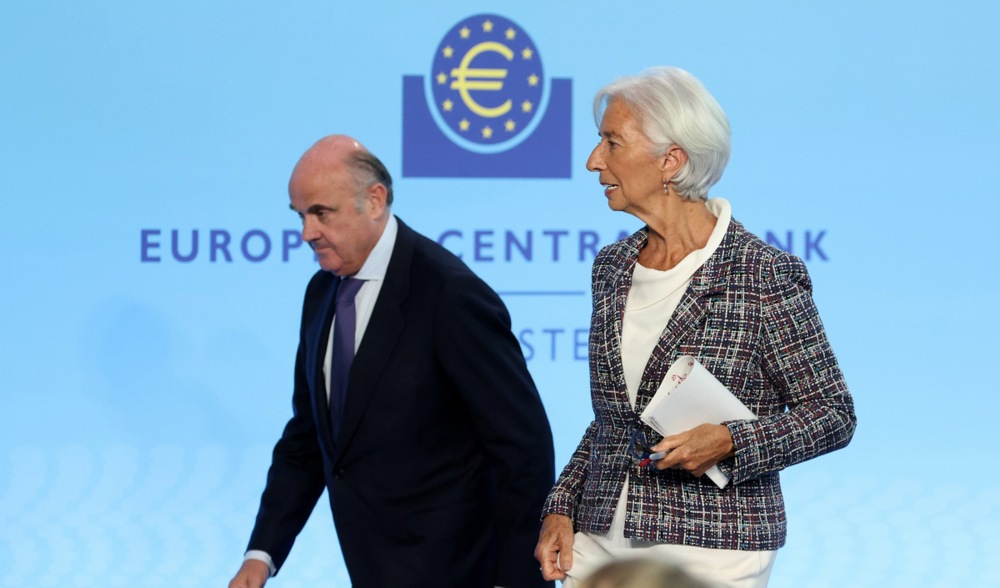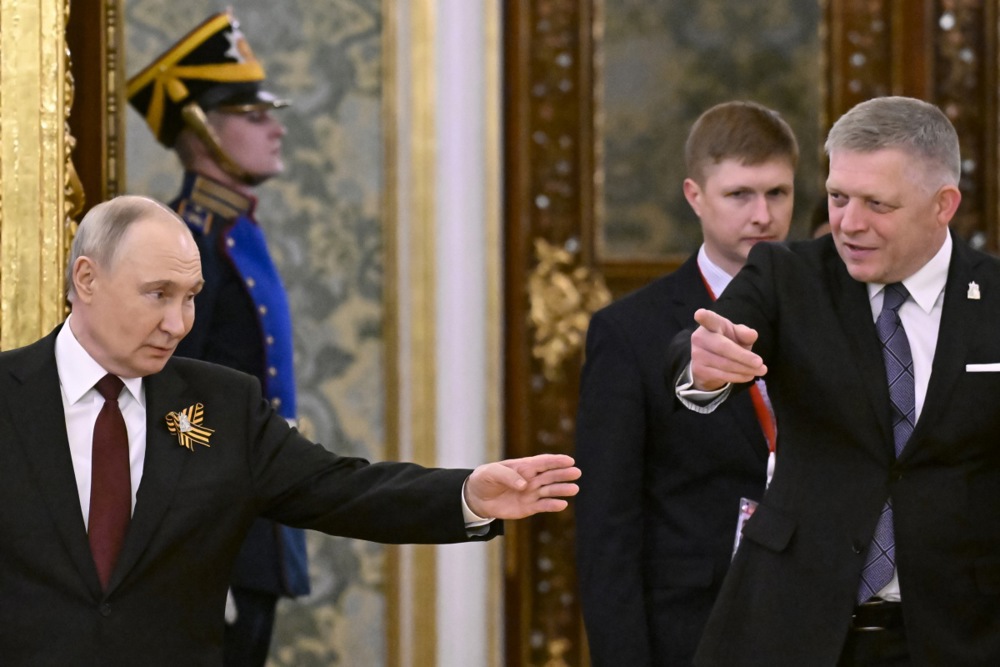The European Commission is pushing to deepen relations with Brazil, presenting the country as a “natural partner” while fast-tracking trade and data agreements designed to bring the two economies closer together.
The EC proposed a free exchange of data deal with Brazil yesterday, a week after it approved its controversial Mercosur trade deal, which includes Brazil but also Argentina, Uruguay and Paraguay.
Henna Virkkunen, European Commissioner for Competition, said the agreements aimed to strengthen ties: “In these uncertain times, we must work closer to our natural partners. Brazil is evidently one of them. We work together on common challenges, and share close cultural and economic ties”.
The proposed data deal would allow businesses, public authorities and research institutions to exchange information freely between the EU and Brazil.
It would cover one of the widest possible scopes for such an agreement under the EU’s data protection rules. Brazilian authorities have also started work on a similar decision to allow Brazilian data to flow freely to the EU.
Brazil and the EU could together boast 670 million consumers, Virkkunen said.
The EC is said to see deepening economic links with countries such as Brazil as part of a strategy to diversify markets and reduce dependence on the US. The week before, it had approved the text of the Mercosur trade deal.
For some sectors, the opportunities are clear. Ignacio Sanchez Recarte, Secretary General at CEEV, which represents the European wine industry in Brussels, told Brussels Signal the trade agreements would “significantly improve access to Brazil and Mexico wine markets”.
However those markets “cannot fully replace the losses European producers face in the US market”, even if they represent “dynamic wine markets where European wines are highly valued and where we see important growing opportunities”, he added September 8.
Brazil is already the EU’s leading South American wine market. In the first half of 2025, Italian wine exports to Brazil reached €18.5 million, up 5.5 per cent compared to last year, according to industry analysts at the Italian wine industry representation.
In 2024, European wine imports into Brazil totalled €190 million, a rise compared to the year prior. The market is dominated by Chile (€186 million) and Argentina (€90 million) but European producers expect new opportunities if the current 27 per cent tariff on imported wines is gradually removed.
“This deals bring clear benefits and pose no downside risks for EU wine producers. EU tariffs on wine are very low, between 0,13€/litre and 0,32€/litre, and the deal will not represent a huge market access change for Argentinian producers. So … we will not see the EU market flooded by cheap wine”, said Ignacio Sanchez Recarte.
However, the approval of the Mercosur deal has also triggered political backlash in Brussels.
On September 3, the EC approved the text of the agreement and sent it to EU governments and the European Parliament for adoption. A cross-party group of 26 MEPs immediately announced a legal review of the deal.
Belgian liberal MEP Yvan Verougstraete said: “We will explore all possible avenues, including legal ones, in the EU Court of Justice, to ensure the agreement’s compliance with EU treaties.”
His spokesperson told Brussels Signal on September 4 that “the European Parliament has been somewhat bypassed.”
Trade deals are negotiated and signed at EU level, meaning national parliaments are not consulted. This deal has also been presented as a “split agreement” – the trade part is handled entirely at EU level, while a broader political partnership will be negotiated separately.
Critics have said this structure was a way to speed up approval and limit the role of member states.
“Negotiations have been very opaque,” the spokesperson added. “Even when the Commissioner came to report to the European Parliament, there were far more questions than answers — and no clarity on the timeline either.”
Farmers’ organisations have also voiced strong opposition. Copa-Cogeca, the EU’s main agricultural lobby, called the deal “economically and politically damaging for Europe’s farmers, rural communities, and consumers”.
They warned that imports from Brazil and other Mercosur countries could create unfair competition and lower food quality, and protested in Brussels on September 4 alongside farmers, other industry representatives and NGOs.
Both deals will now move forward in parallel. For the data deal, the EC’s proposal must be approved by EU governments before entering into force.
The Mercosur trade deal first goes to the Council of the EU, where it will require approval by countries representing at least 65 per cent of the EU population, and then to the European Parliament. A vote in the EP is expected to be contentious, with critics promising a fierce debate.





